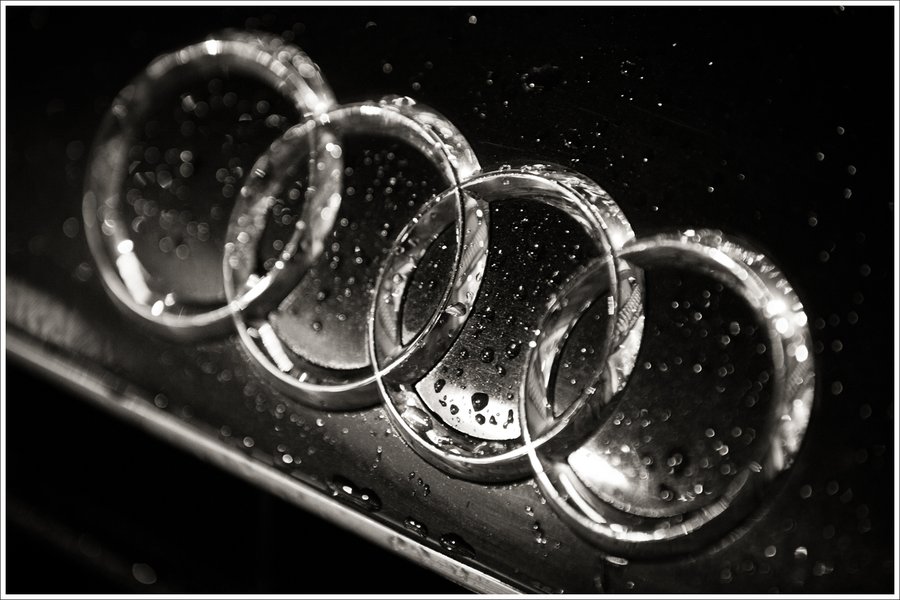Ex-Audi CEO Stadler Admits Role In Emissions Scandal For Plea Agreement

At one time, Audi and the Volkswagen Auto Group dominated the diesel passenger vehicle market. Promoting clean diesel engines as an affordable alternative to hybrid and electric vehicles, the company sold 70 percent of the diesel cars in the US market. Then it was caught cheating on vehicle emissions testing, resulting in one of the biggest auto-related scandals of this century.
The fallout continues today, where Audi's former CEO, Rupert Stadler, admitted to committing fraud and helping cover up Volkswagen's diesel emissions scandal. Stadler has been on trial since 2020 after Volkswagen and Audi admitted using illegal software to cheat on emissions tests. The former CEO previously rejected the allegations, insisting he was unaware of what happened. It wasn't until this month that he admitted to his involvement as part of a court plea agreement in Germany.
Ulrike Thole-Grolle, Stadler's defense council, read a statement to the court indicating that the former Audi CEO did not know that vehicles had been manipulated and buyers were harmed. Yet he recognized it as a possibility and accepted that risk. "I understand that for my part, there was a need for more care," said Thole-Grolle on Stadler's behalf.
The statement was expected after the presiding judge revealed earlier this month that Stadler would receive a suspended prison sentence of up to two years and a fine of 1.1 million euros, or about $1,195,056 US dollars. To receive the suspended sentence, Stadler had to admit to his part in the scandal and confess to a charge of fraud by negligence.
The Munich, Germany trial is one of the most prominent court proceedings resulting from the diesel scandal that affected roughly 11 million cars worldwide. At the heart of this scandal is the emissions software installed in the vehicles, which allowed the cars to sense the unique emissions testing conditions and adjust the engine's fuel pressure, timing, and emissions recirculation to meet regulations. In normal operating conditions, the vehicles returned better fuel economy but produced heaver nitrogen-oxide emissions that exceeded approved limits.
Related News
